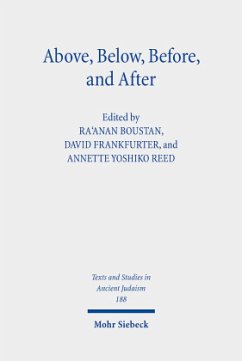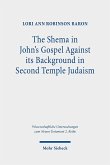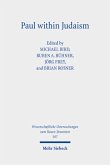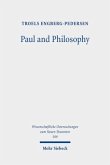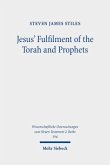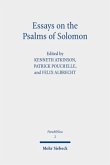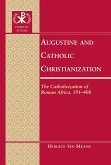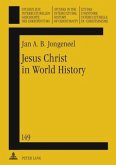The research of Martha Himmelfarb has pushed scholars to re-examine what we thought we knew about the formative histories of Judaism and Christianity. In studies on such topics as apocalypses, pseudepigrapha, and messianism, Himmelfarb opened up new perspectives on Second Temple Judaism and its legacy within its late antique and medieval successor communities. Inspired by the sweeping breadth of her learning and scholarship, this volume explores the transmission and transformation of Jewish and Christian texts and traditions within and across the boundaries of language, culture, and religion. The volume's contributors range widely across sources, genres, and contexts, from the Dead Sea Scrolls and Hellenistic Judaism to Nag Hammadi literature and Jewish and Christian magic, and from classical rabbinic literature and patristic writings, to Hekhalot literature and medieval midrashim. Contributors not only revisit the histories of apocalypticism, sectarianism, and messianism but also take up questions regarding the materiality of manuscripts, the boundaries of religious communities and identities, the ritual uses of heavenly visions, and the history of Jewish priests and priesthood before and after the destruction of Jerusalem Temple. In dialogue with Himmelfarb's work, the volume exemplifies the value of studying Jewish and Christian traditions in concert as well as bridging the disciplinary divides that too often fragment the fields of Biblical Studies, Second Temple Judaism, New Testament Studies, Rabbinics, Patristics, Late Antiquity, and Medieval Studies.
Bitte wählen Sie Ihr Anliegen aus.
Rechnungen
Retourenschein anfordern
Bestellstatus
Storno

